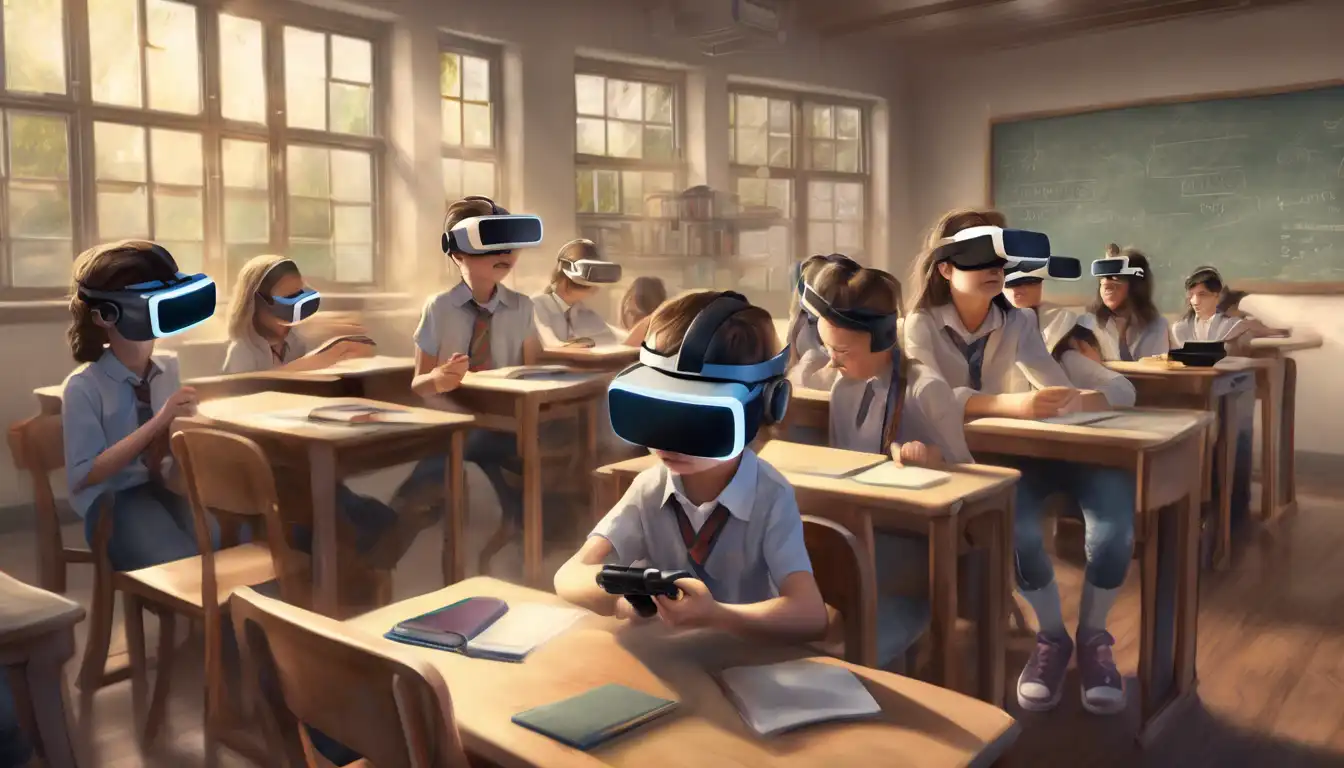The Transformative Impact of Virtual Reality on Learning Environments
Virtual Reality (VR) technology is revolutionizing the educational landscape, offering immersive learning experiences that were once unimaginable. By simulating real-world environments, VR provides students with the opportunity to explore complex concepts in a hands-on manner, enhancing understanding and retention.
Why VR in Education?
The integration of VR into education opens up new avenues for interactive learning. Unlike traditional methods, VR can transport students to historical battlefields, inside the human body, or even to outer space, all from the safety of their classroom. This level of immersion promotes engagement and curiosity, key components in effective learning.
Benefits of VR in the Classroom
- Enhanced Engagement: VR's immersive nature captures students' attention like never before, making learning more engaging.
- Improved Retention: Experiential learning through VR has been shown to improve memory retention rates.
- Accessibility: VR can provide equal learning opportunities for students with physical disabilities, allowing them to experience places and activities otherwise inaccessible.
- Safe Learning Environment: VR offers a risk-free platform for practicing dangerous or delicate procedures, such as surgical operations or chemical experiments.
Challenges and Considerations
Despite its potential, the adoption of VR in education faces several challenges. The cost of VR equipment and the need for technical support can be prohibitive for some institutions. Additionally, there is a learning curve associated with using VR technology, both for educators and students.
The Future of VR in Education
As technology advances and becomes more affordable, the potential for VR in education is boundless. Future developments could include more personalized learning experiences and the integration of artificial intelligence to adapt scenarios in real-time based on the learner's progress.
For more insights into innovative learning technologies, explore our articles on EdTech Trends and Digital Classrooms.
In conclusion, VR holds the promise of transforming educational methodologies, making learning more interactive, engaging, and effective. While challenges exist, the potential benefits for students and educators alike make VR an exciting frontier in the evolution of education.
